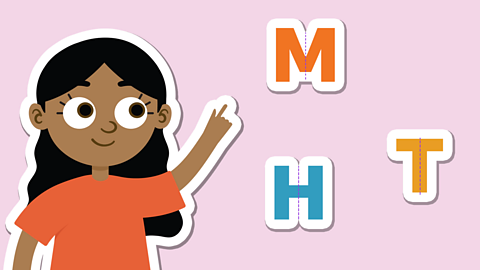Watch: What is symmetry?
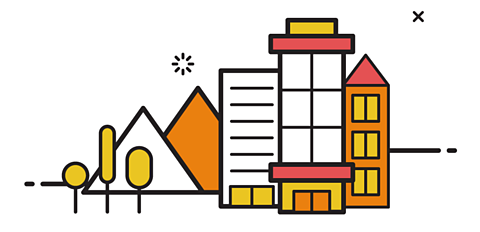
Symmetry is when one side of a shape is a mirror image of the other side.
Lots of buildings and everyday objects use symmetry because it looks appealing to the human eye.

Watch the video below from ┤¾¤¾┤½├¢ Bitesize KS2 Maths which shows the lines of symmetry on a square, triangle, rectangle and circle.
How do you know if a shape is symmetrical?

A 2D shape is symmetrical if a line can be drawn through it and either side is a reflection of the other. You would call this the line of symmetry.
If you put a mirror on this line, you would see the whole shape in the reflection. ThatÔÇÖs why a line of symmetry is sometimes called the mirror line.
Sometimes you can fold a shape in half, and if it fits into itself perfectly with no overlaps you have found a line of symmetry. Some shapes have more than one line of symmetry.

Let's look at some 2D shapes and their lines of symmetry.
Regular polygons
These are shapes that have all equal sides and equal angles.
The number of lines of symmetry in a regular polygon is always the same as the number of sides!
Take a look at these examples:
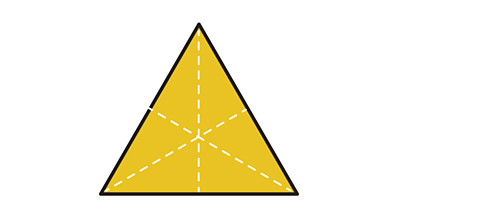
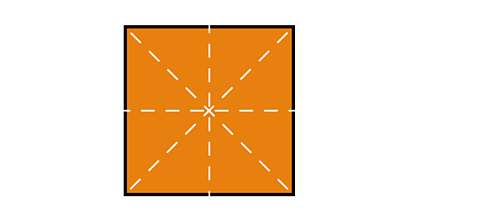
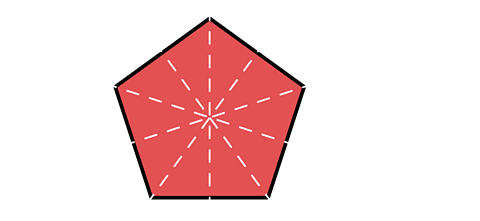
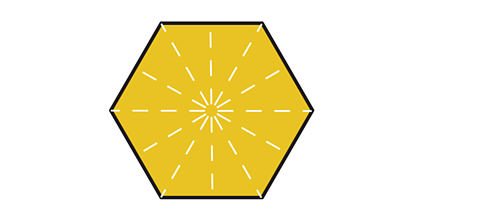
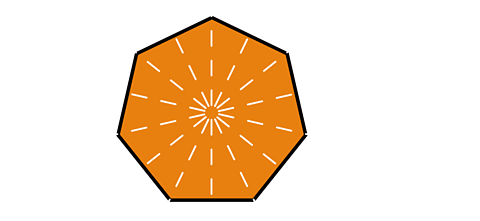
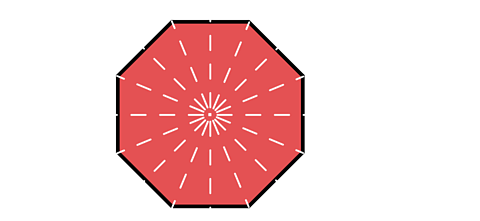
Irregular polygons
These are shapes that have sides and angles of different sizes. Some irregular polygons also have lines of symmetry.
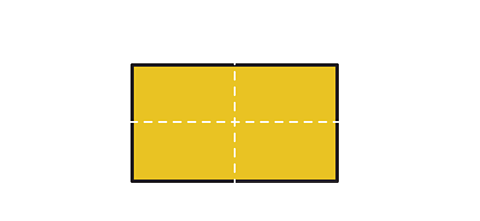
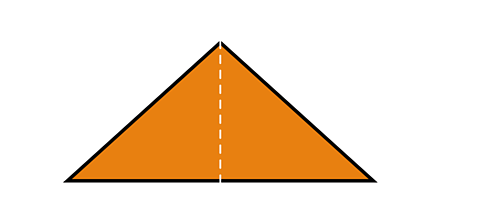
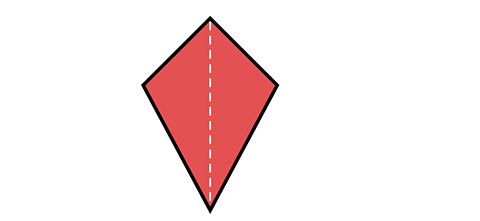
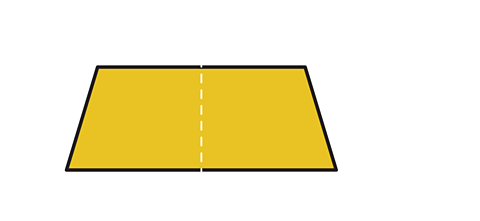
Circle
Even though a circle isnÔÇÖt a polygon, it is still a 2D shape. As long as the line of symmetry goes directly through the centre of the circle, it has unlimited lines of symmetry!
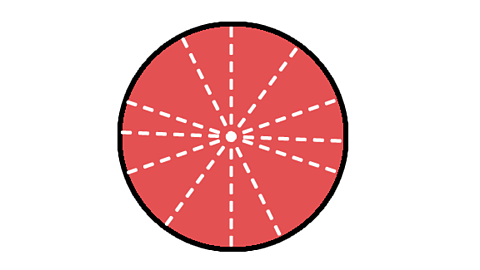
Watch: Symmetrical shapes
Watch the video below from C┤¾¤¾┤½├¢ to learn more about symmetrical shapes.
Activities
Activity 1
Label the shapes in this interactive activity with the correct number of lines of symmetry.
Quiz
Test what you know about lines of symmetry with this quiz!
NEW! Play Guardians: Defenders of Mathematica - the winter update. gameNEW! Play Guardians: Defenders of Mathematica - the winter update
It's Mathematica as youÔÇÖve never seen it before, with all-new festive backgrounds and costumes. Available for a limited time only. Use your maths skills to save the day before it's too late!

More on Symmetry
Find out more by working through a topic
- count1 of 2
